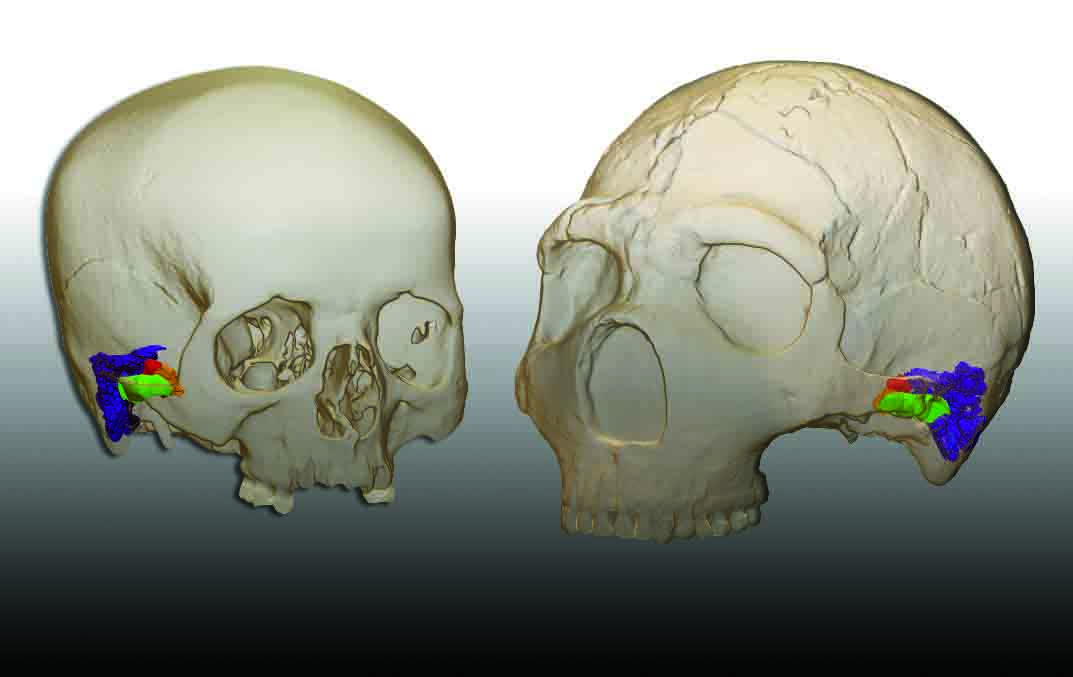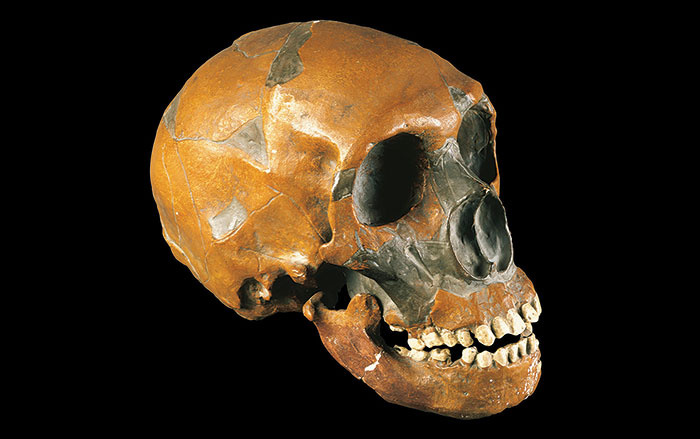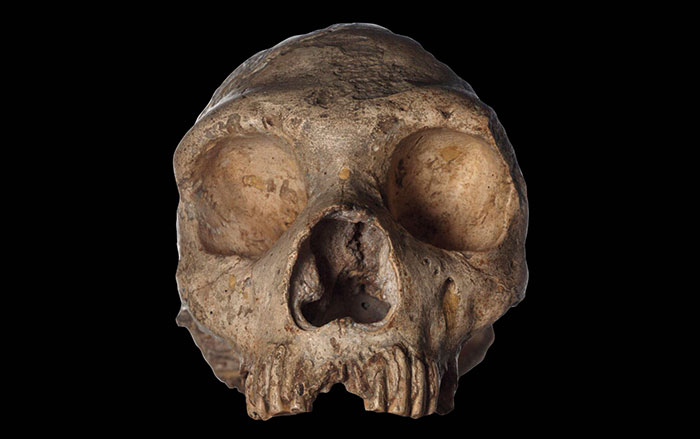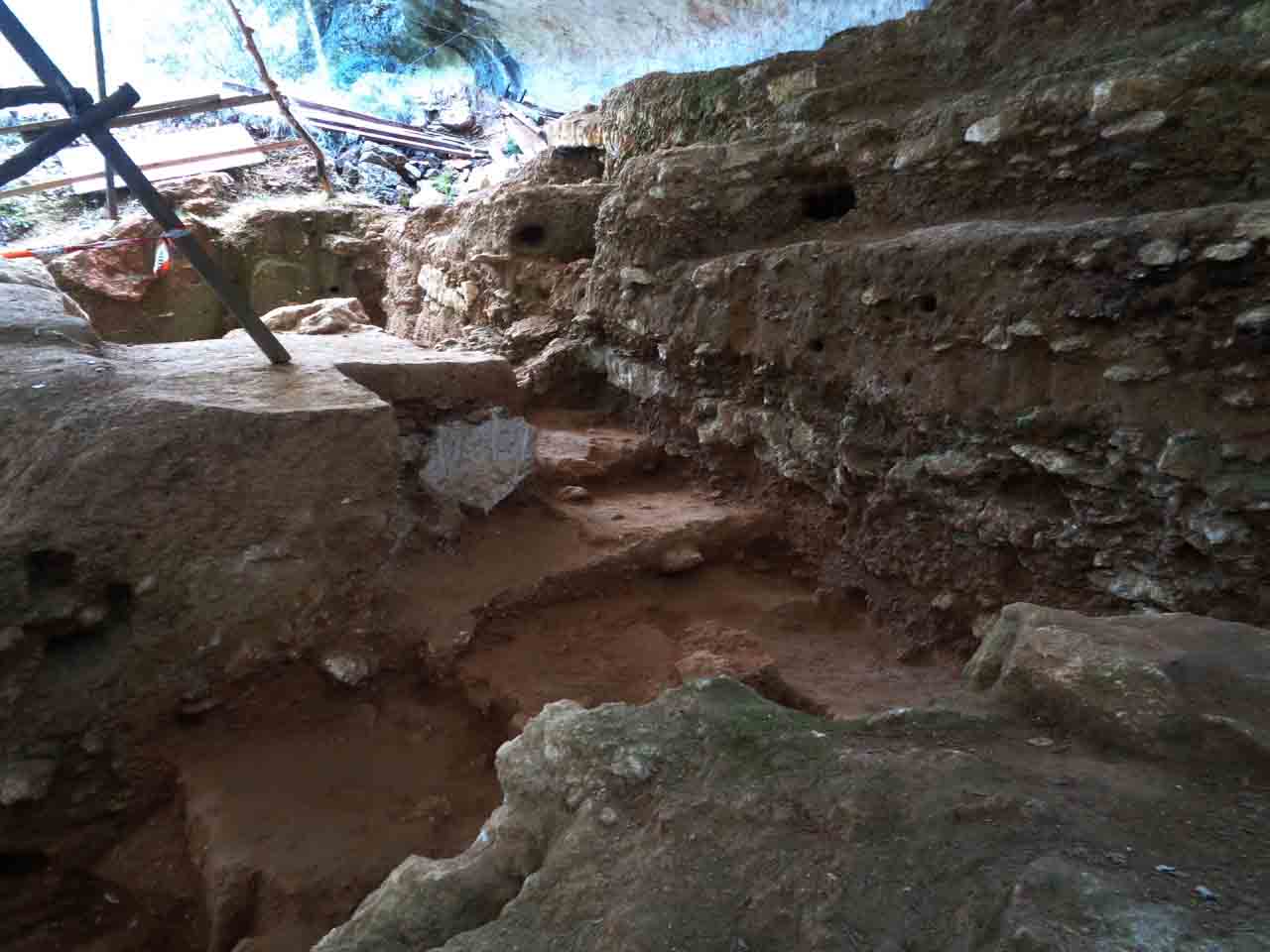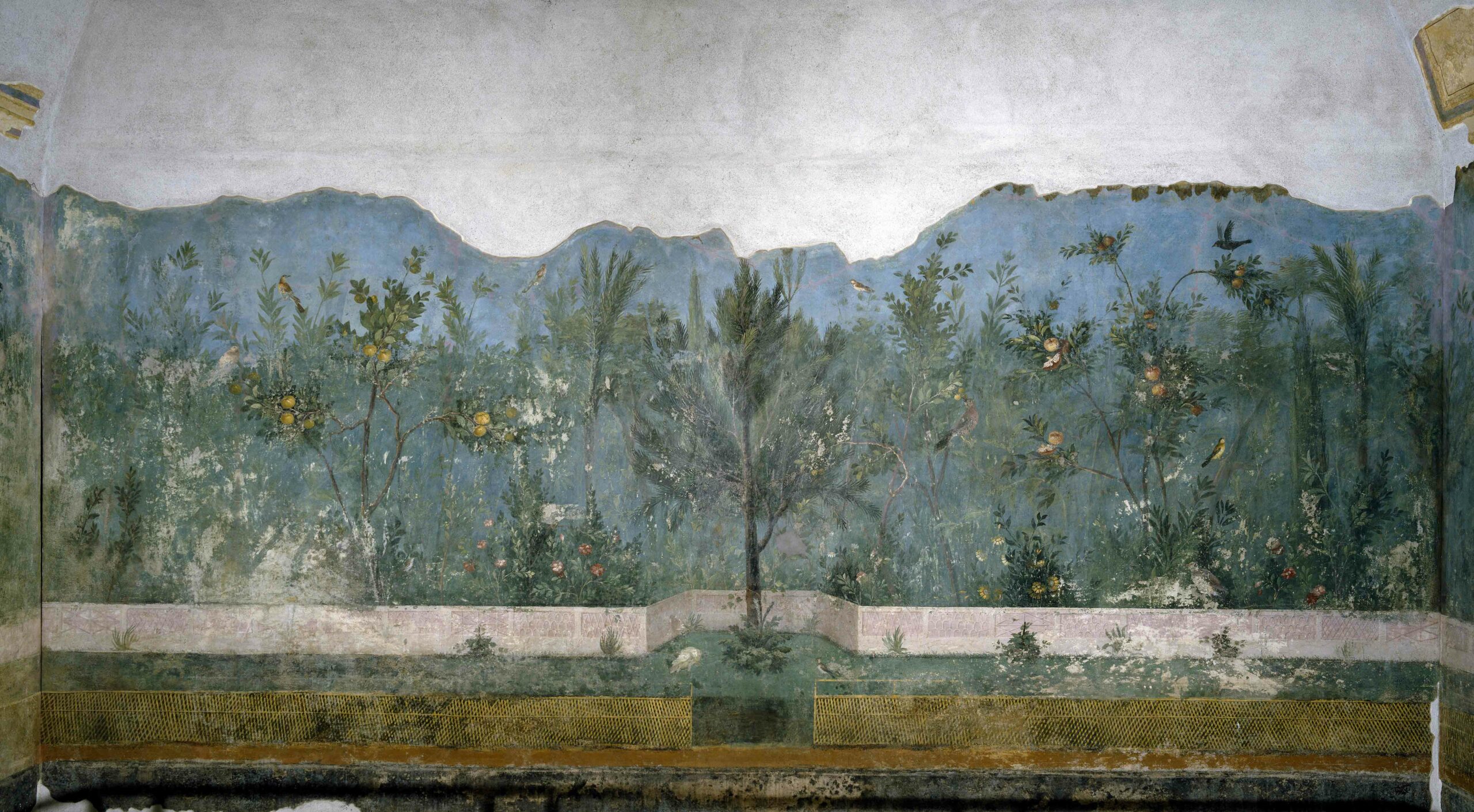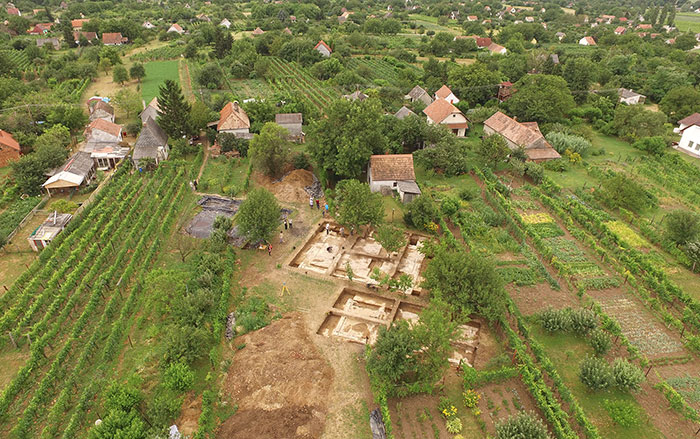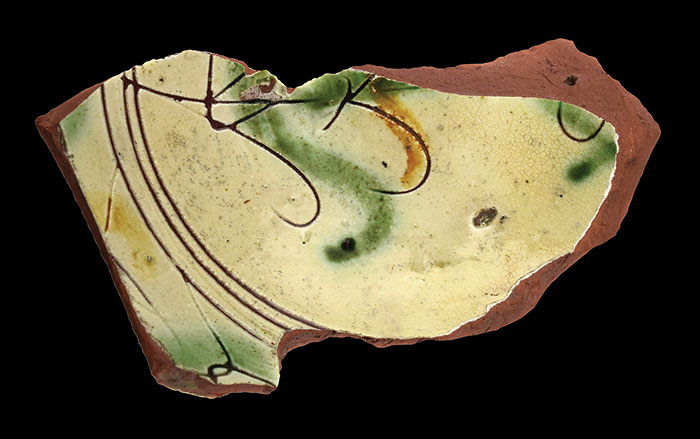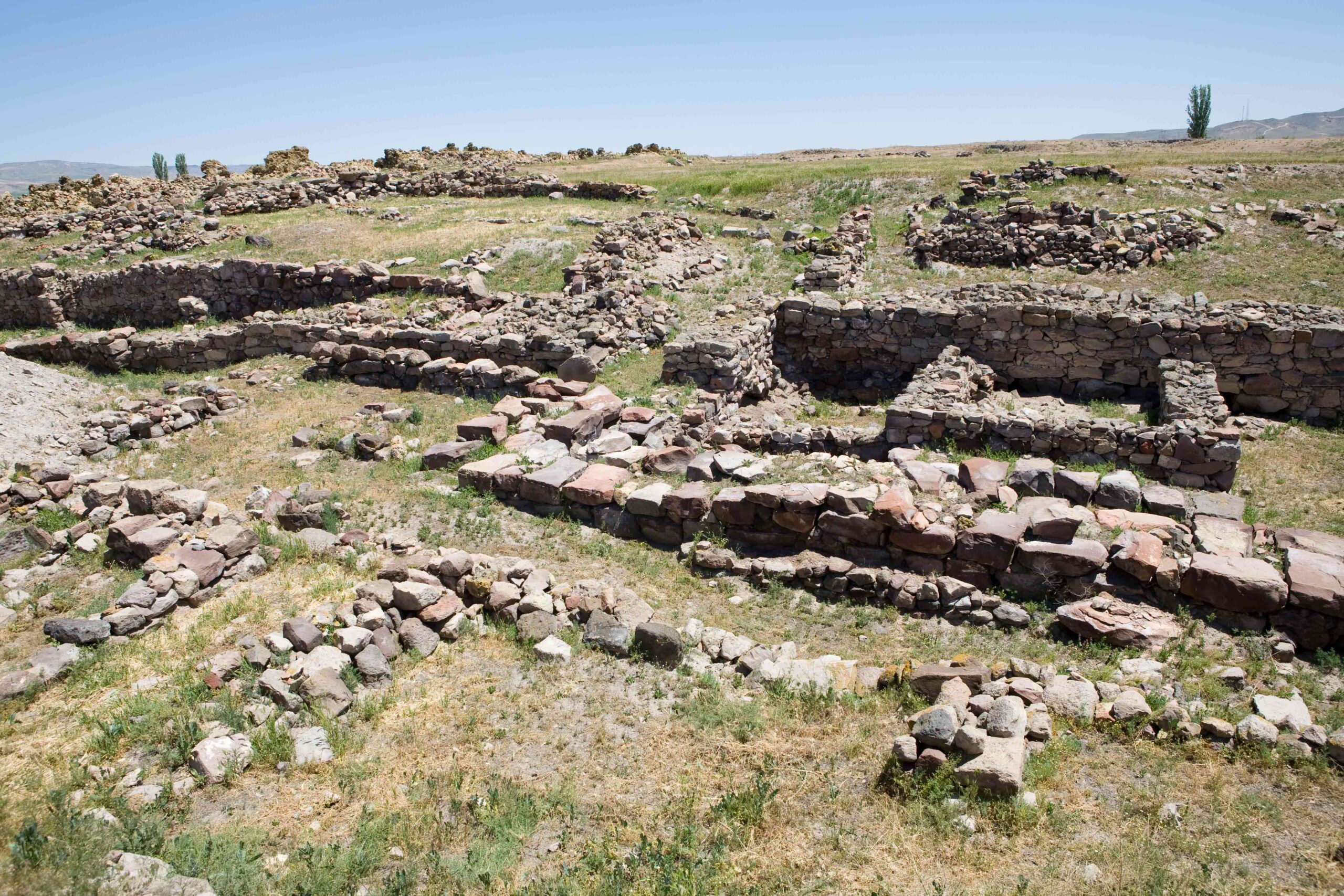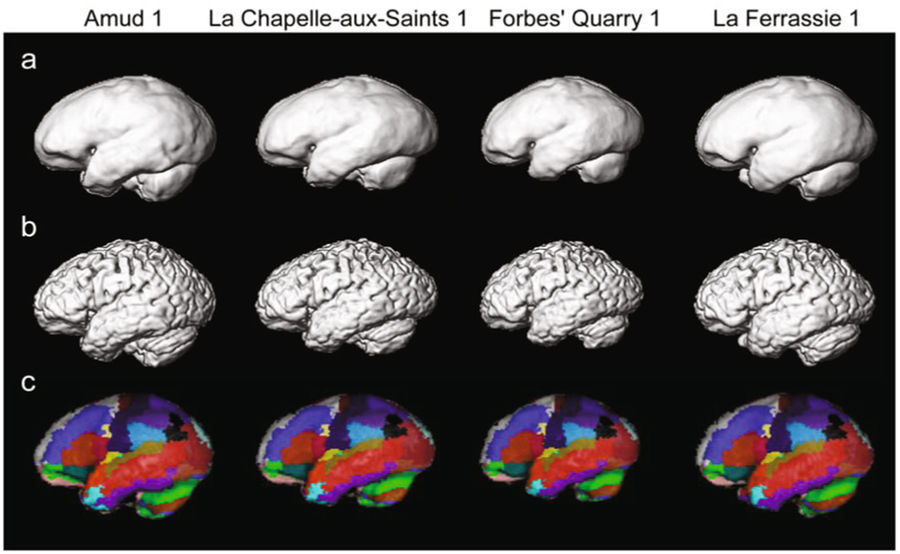
TOKYO, JAPAN—Seeker reports that Naomichi Ogihara of Keio University, Takanori Kochiyama of the Advanced Telecommunications Research Institute International, and Hiroki C. Tanabe of Nagoya University and their colleagues constructed 3-D models of Neanderthal and early Homo sapiens brains using a technique called computational neuroanatomy. The team members based the models on virtual casts of Neanderthal fossil skulls from Israel, France, and Gibraltar and early Homo sapiens from Israel and the Czech Republic; the skull of an early modern human who lived some 30,000 years ago; information collected from MRIs of more than 1,000 living humans; and non-human primate brains. The resulting models indicate that Neanderthal brains were larger than those of modern humans, but they had smaller cerebellums. This region of the brain is associated with language comprehension and production, working memory, and cognitive flexibility. “We are not saying that Neanderthals were incapable of processing languages,” Ogihara said. “We think they could communicate verbally, but their social ability using languages was probably limited because of the brain structural differences.” The scientists also suggest Neanderthals had a larger occipital lobe than early modern humans, perhaps to compensate for low light levels in Europe. For more on brain evolution, go to “Hungry Minds.”


